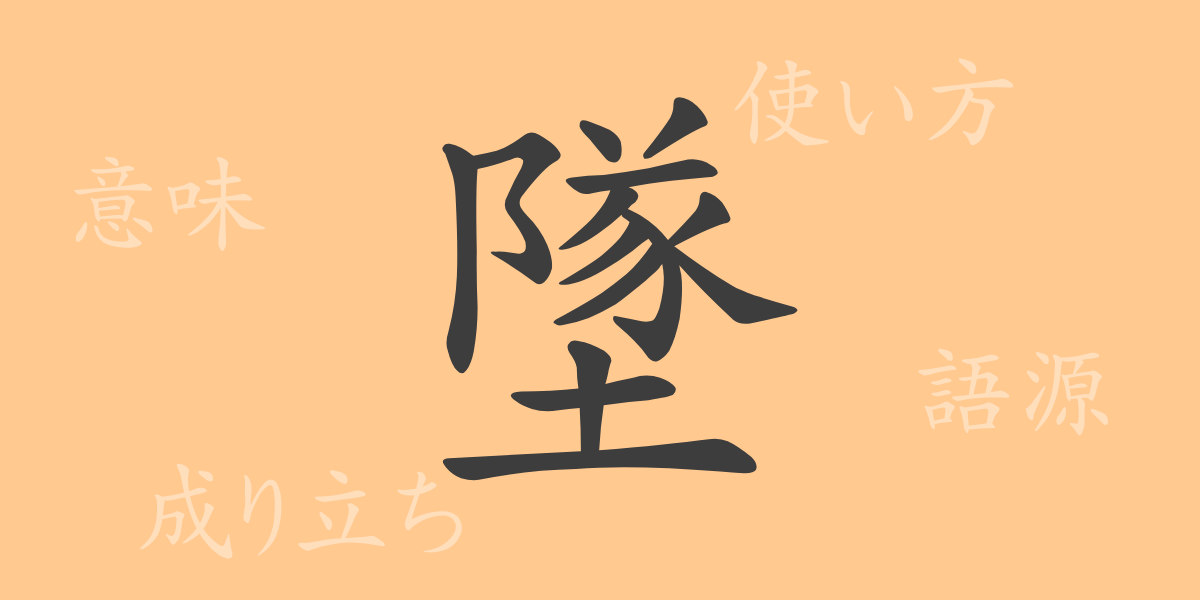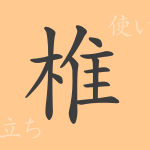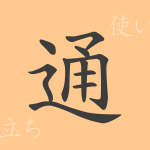Japanese kanji are not just characters; they encapsulate deep historical and emotional expressions. ‘墜(ツイ)’ is one such kanji frequently used in stories and everyday conversation. But are you familiar with its meaning and historical background? This article delves into the common kanji ‘墜’, exploring its origins, modern usage, and related phrases.
Origins of ‘墜(ツイ)’
The kanji ‘墜’ originated in ancient China, initially representing the action of ‘falling’ or ‘descending’. Its form symbolically depicts something falling from a height. Over time, ‘墜’ has evolved to include meanings such as ‘to lose’ or ‘to fall’, and it is utilized in various contexts.
Meaning and Usage of ‘墜(ツイ)’
In modern Japanese, ‘墜’ is primarily used to mean ‘to fall’ or ‘to drop’. It is especially used when something falls from the sky or when there is a decline in value or status. It is also employed metaphorically to describe a state of decline, such as a person’s spirits falling or a decrease in quality.
Pronunciation, Stroke Count, and Radical of ‘墜(ツイ)’
Understanding the kanji ‘墜’ involves familiarizing yourself with its pronunciation and structure:
- Pronunciation: On’yomi is ‘ツイ’, Kun’yomi includes ‘お(ちる)’ and ‘お(つ)’.
- Stroke Count: ‘墜’ consists of 15 strokes.
- Radical: The radical is ‘土(つちへん)’, associated with earth or ground.
Phrases and Idioms Using ‘墜(ツイ)’ and Their Meanings
‘墜’ is used in a variety of idioms and phrases that enrich Japanese expression:
- 墜落(ついらく) – Refers to falling from the air to the ground, commonly used in the context of airplane accidents.
- 心墜ちる(こころおちる) – Describes a feeling of disheartenment or loss of spirit.
- 名誉墜落(めいよついらく) – Represents the loss of honor.
Conclusion on ‘墜(ツイ)’
The kanji ‘墜’ enriches the Japanese language with its versatility and expressive depth. From physical falls to metaphorical declines, ‘墜’ is used in various contexts that reflect the richness of the Japanese language. Keep an eye out for expressions containing ‘墜’ in everyday life and business scenarios, as they showcase the profound nature of this character.

























